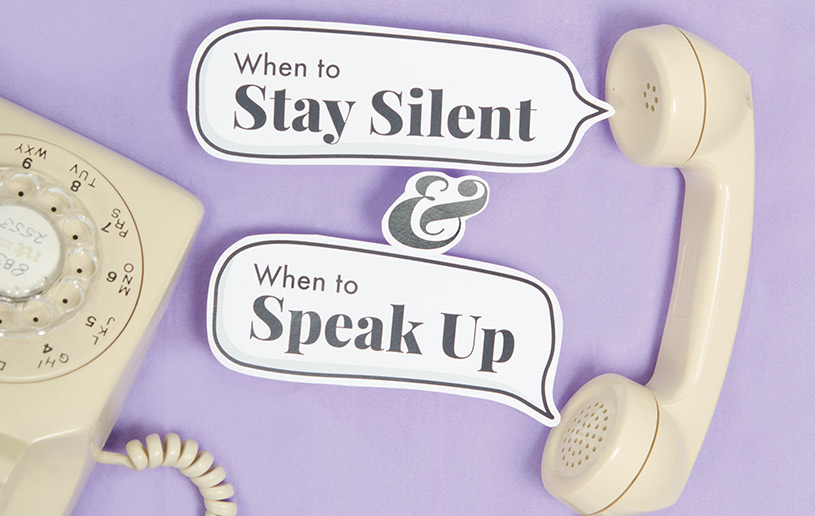Let’s be real—some Christians can be bullies. 😳 Yeah, I said it. Not the type that steals your lunch money, but the kind that makes you feel like a spiritual cockroach before God. They swing their Bibles like battle axes, quoting verses faster than a WhatsApp forward, and before you know it—you’re questioning if you’re even saved.
But wait—how do we address this without falling into extremes? We can’t just dismiss correction (because real accountability is biblical), but we also can’t allow a culture where people are spiritually manipulated, guilt-tripped, and shamed into submission. So, let’s break it down:

1. WHO ARE SPIRITUAL BULLIES?
You know them. They could be the overly zealous church member who polices everyone’s behavior. The preacher who shouts, “You’re going to hell!” more than “God loves you.” Or the person who makes their personal convictions law for everyone else.
They operate in different forms:
🔹 The Legalist: “If you don’t wear a suit to church, you’re dishonoring God.”
🔹 The Guilt-Tripper: “So you’re telling me you didn’t fast for 40 days? Wow. Just wow.”
🔹 The Super-Spiritualist: “I had a dream that you need to sow a seed or your destiny is in danger.”
🔹 The Scripture Sniper: Always quoting verses out of context to attack, not to edify.
2. BIBLICAL EXAMPLES OF SPIRITUAL BULLYING
This isn’t a modern-day problem. Even Jesus had to deal with spiritual bullies—THE PHARISEES. These guys were the original religious gangsters. They made following God look like an extreme sport.
“They tie up heavy, burdensome loads and lay them on people’s shoulders, but they themselves are not willing to lift a finger to move them.”
📖 Matthew 23:4
Jesus wasn’t impressed. He called them hypocrites, blind guides, and whitewashed tombs (ouch!). Why? Because they made religion about performance, not relationship.
Another example? Job’s friends. Instead of comforting him, they took turns telling him why he must have sinned. Classic spiritual bullying—making assumptions about someone’s struggles and pushing the blame on them.
3. WHY DO PEOPLE BECOME SPIRITUAL BULLIES?
Nobody wakes up and says, “I want to be a religious tyrant today.” But here’s why it happens:
🔹 Insecurity: Some people use spirituality as a mask to cover their own struggles. If they can make you feel less holy, they feel more holy.
🔹 Control: Others love power. If they can make you dependent on them for “divine direction,” they get to play god in your life.
🔹 Miseducation: Some genuinely think they’re doing God’s work by being harsh. They confuse boldness with being rude.
🔹 Pride: “I have reached a level in Christ you will never understand.” Some people equate knowledge with superiority.
4. WHEN CORRECTION BECOMES MANIPULATION
Here’s the tricky part—Christians ARE called to correct each other (Galatians 6:1). But there’s a difference between correction and condemnation.
🔹 Correction says,
“Hey, I noticed something off. Let’s talk about it and grow.”
🔹 Condemnation says,
“You’re a disappointment to God. I don’t even know if you’re saved.”
One is love; the other is control.
5. ARE YOU BEING SPIRITUALLY BULLIED?
Ask yourself:
✅ Do they make you feel like your relationship with God isn’t good enough?
✅ Are they always focusing on your failures but never your growth?
✅ Do they use fear to keep you in check?
✅ Do they expect unquestioning obedience to their authority?
✅ Do they act like they have “exclusive” revelations you can’t get on your own?
If so, you might be dealing with a spiritual bully.
6. HOW TO DEAL WITH SPIRITUAL BULLIES (WITHOUT BECOMING ONE YOURSELF)
So what do you do? Because let’s be honest, our flesh wants to clap back. But God’s way is different.
✅ Stand Firm in Your Identity – Your relationship with God isn’t based on someone else’s approval. If they say, “You’re not spiritual enough,” remember: God calls you His child, and that’s enough (John 1:12).
✅ Know the Word for Yourself – So no one can use it against you. Jesus countered the devil’s misinterpretations with the right context (Matthew 4:1-11).
✅ Set Boundaries – It’s okay to say, “I appreciate your concern, but I’ll take this to God myself.”
✅ Correct in Love, Not Pride – If you see someone else being spiritually bullied, don’t fight pride with pride. Help them without becoming the same thing you’re against.
7. FINAL THOUGHTS: HOW TO SPOT A TRUE SPIRITUAL LEADER
Not everyone who corrects you is a spiritual bully. Some people truly want to help you grow. So how do you tell the difference?
A true spiritual leader:
✅ Leads with humility, not arrogance (Philippians 2:3-4).
✅ Encourages growth, not guilt (2 Corinthians 7:10).
✅ Points to Jesus, not themselves (John 3:30).
✅ Gives room for grace, not just rules (Romans 6:14).
Spiritual bullies push you down. True shepherds lift you up.
🚀 CLOSING THOUGHT:
Christianity is not about oppression; it’s about transformation. God didn’t save us so we could live in fear of “not measuring up.” He saved us so we could grow in Him—not under the weight of religious pressure, but in the freedom of His love.
So if you’ve been bullied by “super-spiritual” people, let this be your reminder: Jesus didn’t come to start a club for the perfect. He came for the broken, the weak, the outcast—and He calls them His own. 💙🔥
What do you think? Have you ever dealt with spiritual bullies? How did you handle it? Let’s talk! 👇💬







